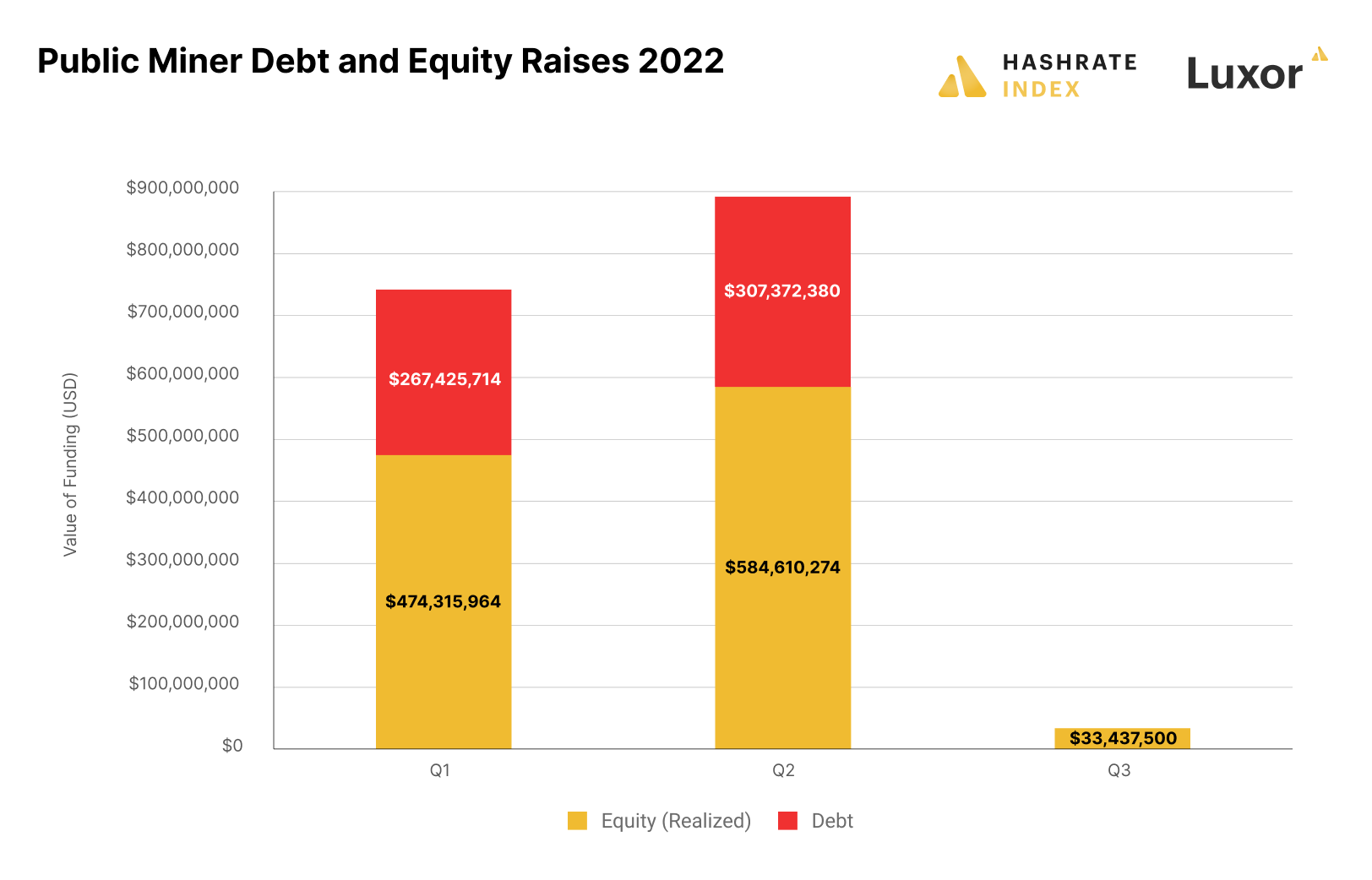In a recent development, U.S. Representative Patrick McHenry faces criticism from John Deaton, an attorney representing XRP investors, over his handling of the SEC’s reluctance to comply with Congressional oversight. Deaton, involved in the high-profile SEC v. Ripple lawsuit, has expressed disappointment in McHenry’s approach towards SEC head Gary Gensler, who stands accused of non-compliance with legislative oversight requests.
The dispute centers on Gensler’s alleged failure to respond to Congressional inquiries, particularly concerning the SEC’s regulatory actions. Deaton argues that this lack of cooperation demands a stronger response, suggesting that subpoenas should have been issued to ensure compliance. His comments follow a controversial statement from journalist Brian Costello, who accused the FSC chair of allowing Gensler to shield China in the U.S. financial system, potentially benefiting China economically and militarily.
This situation has raised significant concerns within the financial community, leading to broader discussions about the accountability of regulatory bodies like the SEC. The House Oversight and Accountability Committee, led by James Comer, has also been vocal about this issue. Last month, Comer sent a letter to Gensler, highlighting the SEC’s obstructive stance and suggesting the potential use of subpoenas to enforce cooperation.
Moreover, McHenry himself criticized the SEC’s lack of responsiveness in September. He pointed out the agency’s failure to provide requested information, notably concerning communications between Gensler and former FTX CEO Sam Bankman-Fried. His statement underlined the frustration among lawmakers regarding the SEC’s perceived exceptionalism and lack of transparency.
Despite these growing tensions, McHenry has yet to issue a subpoena against Gensler, a fact that Deaton and other critics find increasingly untenable. This inaction has further fueled the debate over the effectiveness of Congressional oversight in regulating financial entities and maintaining transparency within these agencies.
The ongoing conflict highlights a growing rift between U.S. lawmakers and financial regulators, underscored by the critical role of the SEC in overseeing and enforcing federal securities laws. As the situation unfolds, the financial community and stakeholders in the XRP lawsuit await further developments, with many calling for increased accountability and responsiveness from regulatory bodies. This case serves as a pivotal example of the challenges in balancing effective oversight with the autonomy of regulatory agencies. This topic continues to garner significant attention in the U.S. financial regulation.




